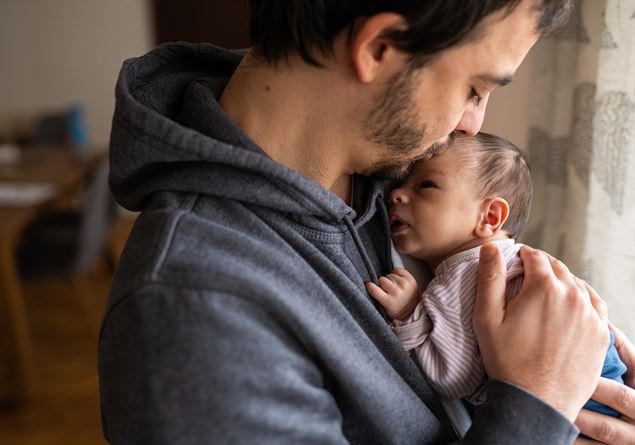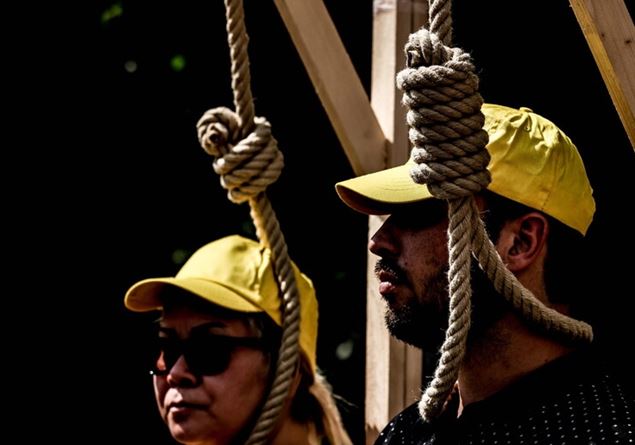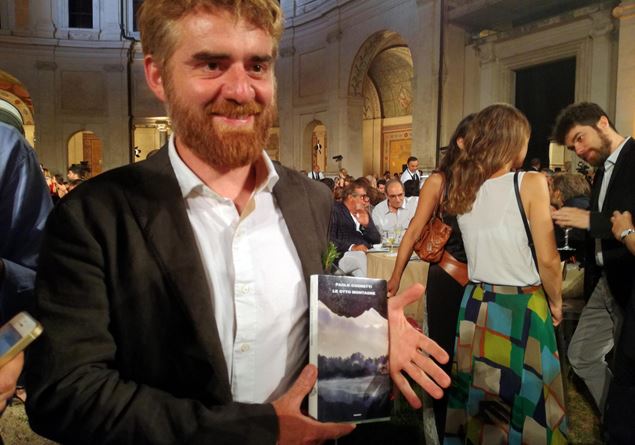
Extending leave for fathers from the beginning of the parenting journey ensures the health and well-being of girls and boys, corrects the unequal distribution of care between mothers and fathers and promotes female employment and therefore also the birth rate.
But promoting so-called nurturing masculinities also means contributing to preventing gender violence and breaking the chain of aggressive acts.
This is why the European project 4e-Parent submitted to the political forces invited to participate in the conference Dad time (Rome, 26 September) a package of measures relating to leave for fathers and other conciliation measures. The objective of the Budget Law for 2025 is in sight.
“The current legislation does not correspond to the strong demand of families and the needs of girls and boys to have a system that allows fathers to be close to them and their partners, especially in the fundamental first thousand days”, he comments Giorgio Tamburlinipresident of CSB-Center for Child Healthproject partner.
«Two thirds of fathers would willingly use parental leave if it were better paid, but at least 35% believe they would have problems at work if they did. There is also the problem of the large number of fathers excluded from this right because they are not dependent”, he explains Barbara Vatta (CSB) commenting on the results of a questionnaire that had thousands of new parents responding. Among other significant data: approximately 33% of fathers did not take advantage of the leave and among these 6.6% because they did not know they were entitled to it.
From a survey carried out in companies, however, only 45% of the responding fathers declared that they had used paternity leave which also included the obligation of 10 days, paid at 100%.
In general, both from the data collected with the questionnaires and from the survey with the companies, the great demand for listening to the needs expressed by families clearly emerges.
The project also highlights the Italian paradox which sees the most generous maternity leave in Europe, a welfare indicator higher than that required by European legislation, combined with paternity leave among the worst in the EU. Moreover, with large regional differences in use: almost 90% by fathers in the north-east compared to 15-20% in the southern regions.
Speakers:
Elena Bonetti (Action). «How to implement shared parenting? There is already a law, the Family Act, which provides exactly this. The family is the only area in this country in which a little more male protagonism should be promoted. Leave is not the only possible tool, but it is one of the indispensable tools. The implementation of VAT numbers and self-employed workers is crucial.”
Alessandra Maiorino (M5S). «The proposals contained are all acceptable and I hope that we will be able to work together with all the political forces. I just don’t agree with the proposal to increase from 10 to 22 days. A temporary measure that risks becoming irremovable. The objective must only be to bring fathers’ leave on a par with that of mothers.”
Marco Furfaro (PD). «The concept of equal leave is already sufficient to indicate that caring for children must no longer be the woman’s sole burden. We need a cultural battle, to defeat a chauvinism that exists everywhere. The right word is: sharing. We need to give a precise signal to this country and that is that parenting must be shared.”
Chiara Gribaudo (PD). «Parental sharing is a cultural transition that we must make. We need to provide greater protection to those with disabilities and therefore we must also provide for increased recognition for parents of disabled boys and girls.
Catia Polidori (Forza Italia). «The first problem is cultural. Instead of anticipating people’s needs, politics is following people’s needs. An approach based on rewards rather than punishment is better and more effective.”
Chiara Saraceno, sociologist. «Not changing the current situation is also an injustice: towards fathers and towards their sons and daughters and also towards their partners. Leave must be paid better if shared.”
Lea James, Generali Italy. «He talks about their “hybrid model”, which for example allows parents to do agile work every day in July and August, when the children are home from school, which can then be recovered in October and November».
Rinaldo Pietro Platti, Prolink. «We must ask the political world to simplify, otherwise it happens that even those who have a right do not know it and do not exercise it. We also need to work on transparency and the contribution must concern the highest salary, whoever receives it.”
Marco Russomando, Illimity Bank. “The most important measure for true conciliation is to review the entire system of services for children and families.”
Pinuccia Crimi, Family Forum. «We need organic policies that are structural from start to finish. The time for spot measures is over. These types of measures will never lead a woman or man to decide to have children. Having children is not an economic question, but an act of trust in the present and in the future.”









